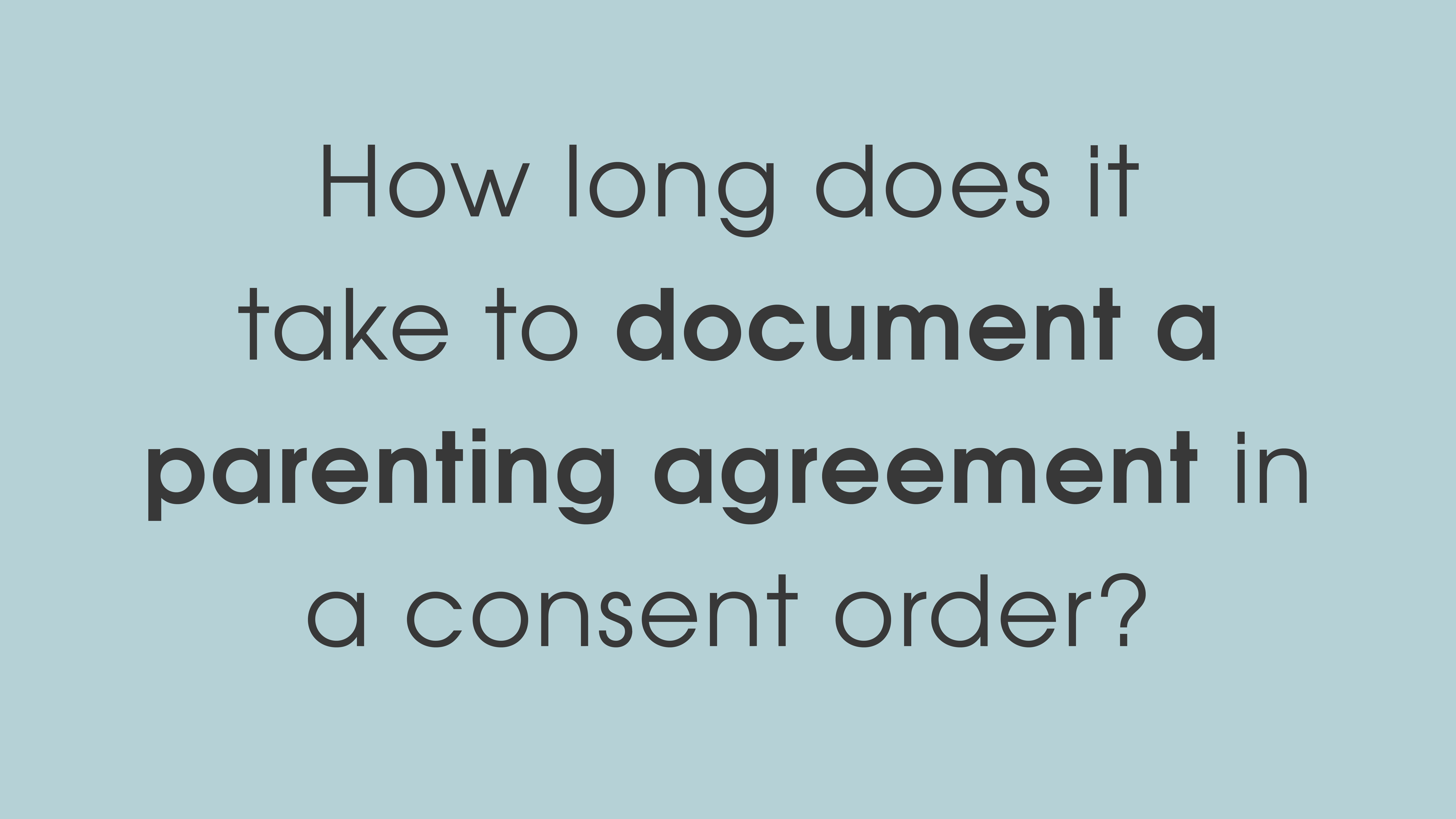Can I Write My Will By Hand?

Provisions for how a deceased person’s estate is to be handled is an important consideration for everyone. If you are over the age of 18, it is worthwhile getting your will prepared for your own peace of mind as well as that of your family’s. It is critical, though, that your will is produced in a form that would be accepted by the court to avoid any risk of it being rejected or contested.
What Makes a Valid Will?
In Australia, there are certain established factors that contribute to a will’s validity, though the law does provide some scope for what constitutes a legally enforceable will. The essential elements of a valid will in all Australian states and territories are the following:
- The will must be in writing.
- The will should be signed and dated by the testator (the person making the will) in the presence of two independent witnesses who are not beneficiaries of the will. The signature will preferably be at the end of the document, though that is not strictly required. The witnesses should also provide their signatures.
- The testator must sign the document with the intention that it constitutes their last will and testament.
Technically, nothing in Australian law prevents you from handwriting your own will. However, is this really your best option? We all want our wishes to be respected after we die, which means it’s critical to make sure your will is constructed properly.
How Handwritten Wills Can Go Wrong
What are some pitfalls of a handwritten will? Below we have outlined four questions to ask yourself when considering writing or updating your will.
1. Is it readable?
It seems obvious but, while your handwriting may be legible to you, someone else may find it difficult to decipher.
Further, let’s say you make a simple error towards the end of the document. You don’t want to scrap your work so you cross out the mistake and rewrite it. This may seem innocent enough, but any small infraction can cast doubt on the will’s legitimacy. Perhaps you realise you’re not satisfied with what you wrote and decide to write another draft. You forget to date them and do not destroy the previous version. The court is now faced with two wills with no way of determining which was the latest.
2. Have you used the appropriate language?
Handwritten wills are often found to be excessively conversational and casual in tone, which may count against it being taken as a binding legal document.
3. Have you chosen your witnesses correctly?
There are strict rules regarding who may act as your witness, and improperly attested wills rarely hold up in court.
4. Can it be found?
Picture this. You finally write down a will you are reasonably sure is legally enforceable based on your own research. Then, you store it in a drawer and promptly forget about it. When the time comes, it will likely be nigh on impossible to find, especially if you didn’t notify anyone of its whereabouts.
How to ensure your will is airtight
Seeking the services of an estate lawyer comes at a cost and requires some forward planning. However, creating your will is not to be taken lightly. Your last will and testament is arguably the most important document of your life. Consulting a lawyer will not only give you peace of mind, but will provide your loved ones with a clear direction of what happens next after you pass away.
If you require assistance regarding estate planning, don’t hesitate to give our team a call – (07) 3343 9522 or (07) 5446 1745. Or you can book an appointment below and we’ll be in touch.





